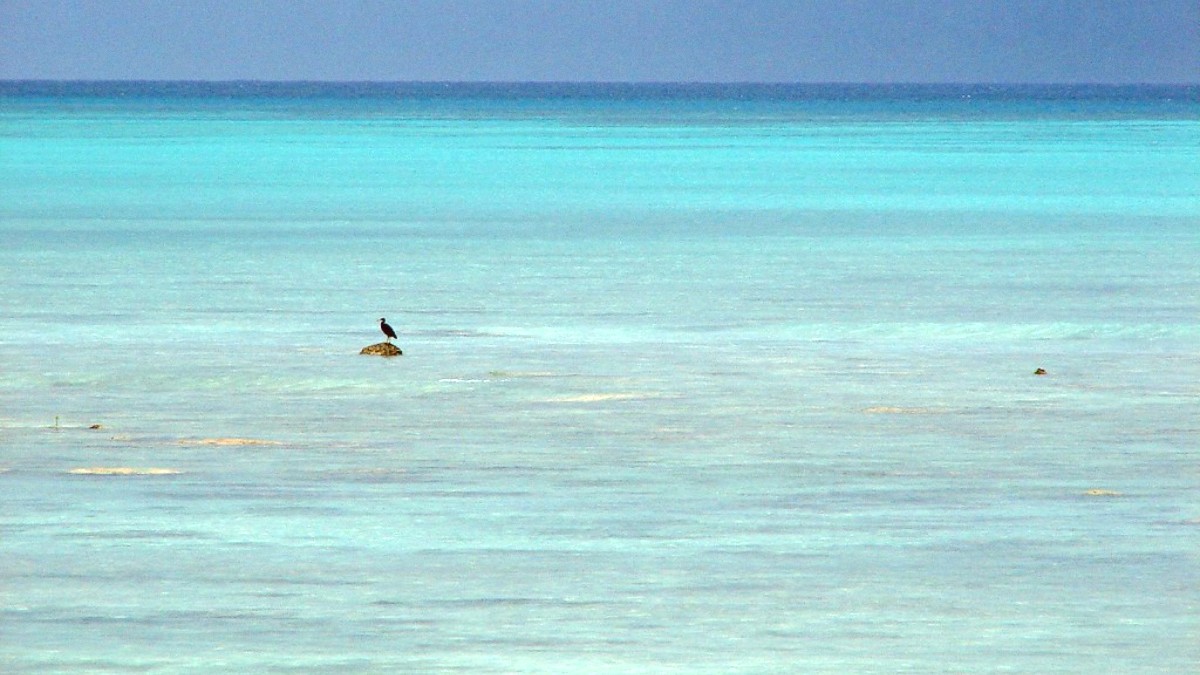
Andaman And Nicobar Islands, India
The islands feature several protected marine and forest areas. Havelock plays a part in this ecologically sensitive region. Support these through conscious choices, such as booking through Ecobnb.
Waste management poses challenges. Take steps to reduce plastic consumption. Dispose of waste properly. Explore reusable products from Package Free Shop.
Fresh water is a precious and limited resource. Be mindful of your usage; shorter showers assist the local community and environment.
Seek out accommodations and tour operators prioritizing eco-friendly practices.
Choose dive centers following responsible diving and snorkeling practices.
Offset your flight emissions through various online platforms.
Support businesses committed to sustainability in products and tours.
Adhering to guidelines supports conservation efforts on the islands.
Your choices directly influence the health of coral reefs and coastal areas.
Your actions directly influence the health of the natural environment, especially its precious coral reefs and coastal areas.
Interacting respectfully with the local culture enriches your travel experience and fosters positive relationships.
Support local traditions and businesses. Your choices contribute to the economic well-being and unique blend of cultures.
Your actions reflect on all visitors. A few considerations prove useful.
Be careful about photographing children. Avoid offering money for photos.
While not prominent on Havelock, if you visit any religious sites, observe respect.
Your choices as a traveler directly influence the local economy of Havelock Island.
Staying at locally owned guesthouses and eating at small local eateries directly benefits the local economy.
Look for locally made crafts and purchase directly from artisans or small, independent shops.
Prioritize local restaurants, scooter rentals, tour guides, and dive centers where possible.
Your choices directly influence the local economy and preservation of cultural norms on Havelock Island.
Your choices as a traveler directly influence the local economy of Havelock Island.
Staying at locally owned guesthouses, eating at small local eateries, and using services from residents directly benefits the local economy.
When shopping for souvenirs, seek locally made crafts.
Prioritize local restaurants, scooter rentals, tour guides, and dive centers over larger chains where possible.
Avoid activities that exploit animals or contribute to environmental degradation.
Your monetary contributions can benefit the local community. Make them through established and trusted channels.
If you wish to make a charitable contribution, do so through established local Non-Governmental Organizations.
Contribute to reputable community projects that tackle underlying issues effectively.
Giving directly to beggars can sometimes perpetuate begging and not always tackle root issues.
Research local charities that support education, environmental conservation, or community development for meaningful contributions.
Every choice as a traveler influences the island's environment, culture, and economy.